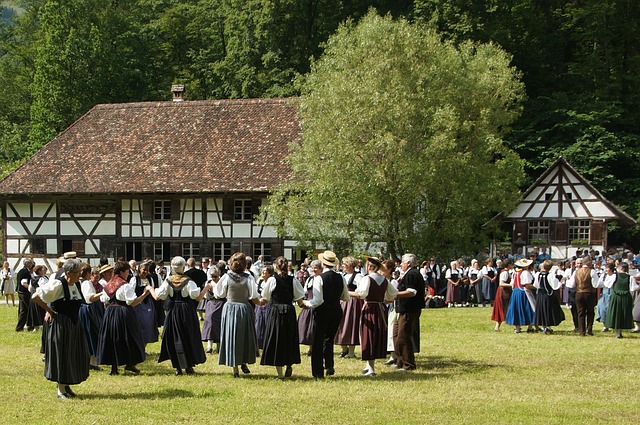Article Title:Two-tier dance: dis/embodying eros in the Canticle of Canticles
Abstract:
If eros appears as an enigma, in that it both says and silences the inexpressible, harasses and provokes (Levinas, Totality and Infinity 260), in the Song of Songs such enigma is semiotically rendered as a relationship with what always slips away (Levinas, Time and the Other 86), as such it always edges towards the very margin of amorous discourse. Provoked by the metaphorical mobility of the lovers' elusive dialogue that dis/articulates carnal passion, its principle of poetic incarnation (Wolfson 221-22) stages in its most abstract tangibility the transference of the subject to the place of the other (Kristeva 92). Amplified by its frankly erotic register, the Song's heterological constitution echoes through the traces of its linguistic and cultural hospitality to alien religious and sexual worldviews insinuated into the text's intersubjective space. What became of the Song's heterological principle of poetic incarnation when transplanted onto the more impervious soil of Western Christian monism, for example in late Renaissance England after the Protestant schism? My paper will attempt to answer this question by analysing against the grain the textual approach of two coeval translations, in the Protestant King James Bible (1611), and in the Catholic Rheims-Douay Bible (1609-1610).
Keywords: Song of Songs; dis/embodied Eros; translation; King James Bible; Rheims-Douay Bible
DOI: 10.13130/2037-2426/11982
Source:ENTHYMEMA-INTERNATIONAL JOURNAL OF LITERARY CRITICISM LITERARY THEORY AND PHILOSOPHY OF LITERATURE
Welcome to correct the error, please contact email: humanisticspider@gmail.com



